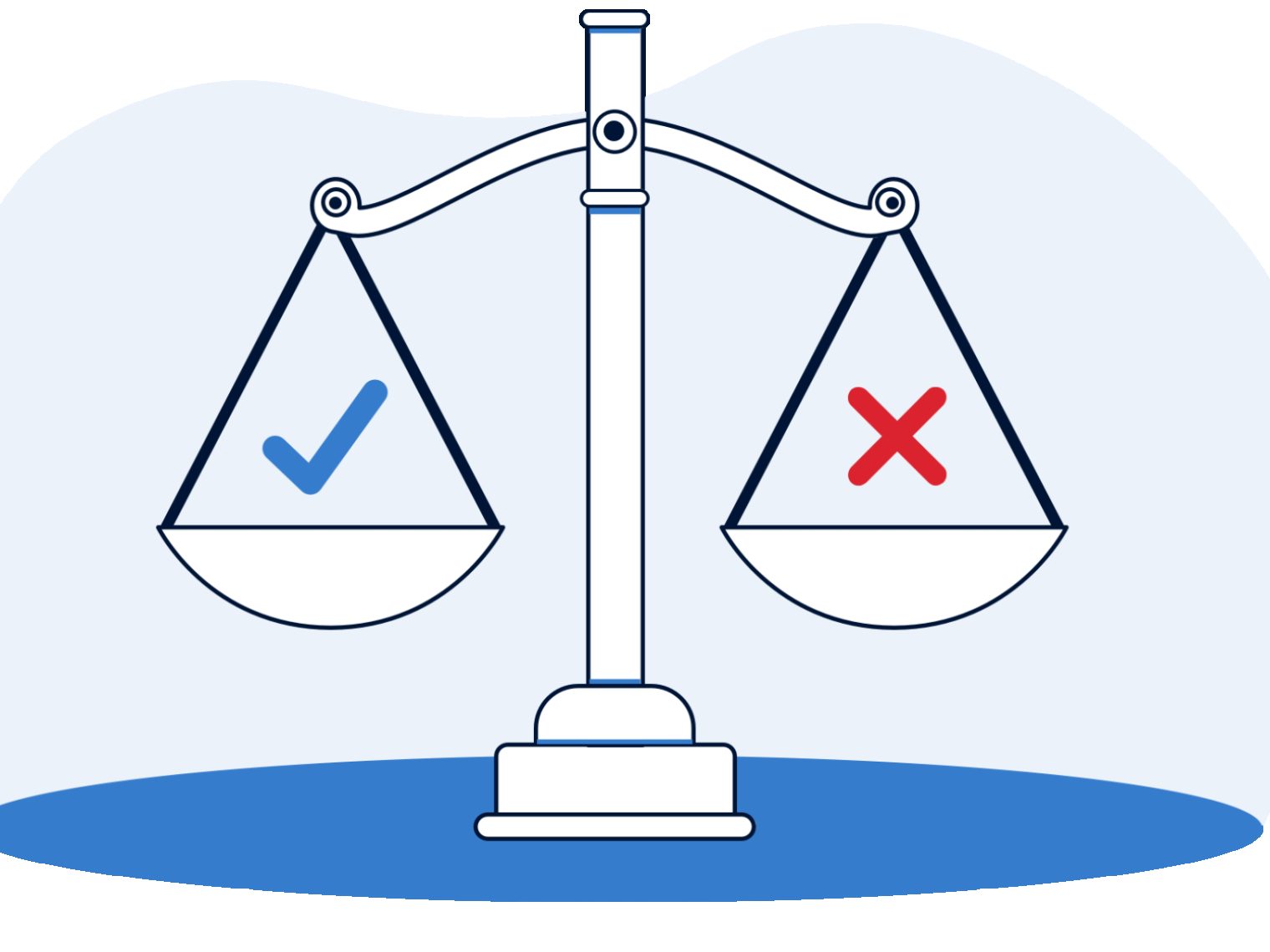When it comes to achieving the dream of homeownership, active-duty military members don’t have to miss out when they’re proudly serving our nation abroad.
Service members who are deployed to other parts of the world can complete the VA loan process and purchase a home without actually being in the country, let alone doing a walk-through.
The key is Power of Attorney.
Can I buy a home while deployed?
Yes, you can buy a home while on a deployment. You will need Power of Attorney to complete the homebuying process. Power of Attorney gives legal authority to a trusted person, such as a spouse, who can sign legally binding documents in your stead.
How to Use Power of Attorney
Most military personnel and family members are at least somewhat familiar with the concept of Power of Attorney.
There are certain situations where a service member can’t be on hand, let alone on the same continent when the time comes to sign purchase agreements or closing documents.
Lenders and real estate attorneys don’t simply allow spouses to sign for their deployed husband or wife. Lying, misrepresentation and forgery on federal loan documents is a felony.
General v. Specific
It’s important in the early stages of homebuying to determine whether your potential lender requires its own unique power of attorney documents. Don’t just assume that a generic, catch-all POA is going to work when the time comes to secure home financing. In many cases, you will need a specific Power of Attorney that covers a single property in question, giving a date and price range and an address.
For VA loans, the agency requires the lender to verify the veteran or service person is still living and not missing in action. Lenders must also have the borrower’s written consent, which makes sense, considering the service member is ultimately on the hook for the mortgage payments.
Be sure to get these questions nailed down with your loan officer or your attorney before proceeding on a home purchase.
Occupancy Requirements
One of the requirements of VA financing is borrower occupancy. Typically the borrower must live in the home, but there are some measures in place to allow for deployed borrowers to buy a home and delay moving in.
In most cases, the VA certifies that you have 60 days to move in once your VA loan closes. However, you can still meet occupancy requirements if you certify that you’ll occupy the home within 12 months of closing. There is also the option for a spouse or dependent child to live in the home to meet occupancy requirements. If you’re deployed, you technically have ‘temporary duty status’ which still allows you to meet the requirements. This also applies to active duty service members that do not have a spouse to occupy the property during deployment.
Answer a few questions below to speak with a specialist about what your military service has earned you.
Related Posts
-
 VA Renovation Loans for Home ImprovementVA rehab and renovation loans are the VA's answer to an aging housing market in the United States. Here we dive into this unique loan type and the potential downsides accompanying them.
VA Renovation Loans for Home ImprovementVA rehab and renovation loans are the VA's answer to an aging housing market in the United States. Here we dive into this unique loan type and the potential downsides accompanying them. -
 Pros and Cons of VA LoansAs with any mortgage option, VA loans have pros and cons that you should be aware of before making a final decision. So let's take a closer look.
Pros and Cons of VA LoansAs with any mortgage option, VA loans have pros and cons that you should be aware of before making a final decision. So let's take a closer look.


